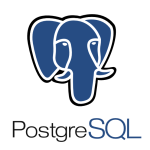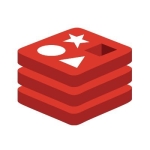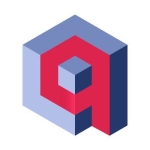We primarily use the solution for web applications.
In our company we decided to invest in the knowledge of an alternative technology to SQL. MongoDB seemed like an obvious choice together with other leading technologies.Furthermore, it is a product that can be intuitive to use unless you come from years of SQL
It has quite good web analytics. It is pretty stable. There is more in-depth management of the data.
It's a NoSQL/Document DB and has some peculiarity related to the data schema but it's also good as a general-purpose DB.
The replication works very well and is in the box.
In clusters, there is the choice to have horizontal scaling, which improves performance on a huge amount of data.
The aggregation framework is very powerful when elaborating on data.
It has good high availability.
It's an essential DB.
It has very good performance for queries.
It is free to use if you choose the community version.
It is stable and reliable.
You can easily scale the solution.
It's quite a good DB that is very strong on a lot of features.
It is a product that works very well. I don't see a lot of areas that need improvement.
I've used the solution for five to six years. I've used it for a while now.
I'd rate the stability nine or ten out of ten. There are no bugs or glitches. It doesn't crash or freeze.
I'd rate the scalability nine or ten out of ten. It allows for horizontal scaling, which is quite useful when dealing with big data.
We have about ten people using the solution at this time. One-third of the company ends up using the solution.
We may increase usage. It depends on the business needs. However, in Italy, I have noted MongoDB is expanding.
The technical support is very good but is available only for the enterprise version.
When I've used other DBs I found them to be inferior.
We have used also Atlas (MongoDB solution for Cloud), and MongoDB has developed a useful framework with lots of new features that are not included in MongoDB's on-premise version. If you choose a cloud DB, it's great if you are looking for a lot of innovative features.
Many clients use SQL DBs and many are moving over to MongoDB.
The initial setup was pretty straightforward to set up. Compared to other SQL DBs, SQL databases are very complex. MongoDB is ready to go, and you need less operational knowledge.
I do not invest in MongoDB. However, many customers can save money by leveraging the MongoDB community version.
The community version is free. The enterprise version is reasonable as MongoDB wants to expand and outpace also SQL DBs.
I am not using the latest version of the solution.
Do not think of this solution as a SQL database. Consider your use case and set it up accordingly.
I'd rate the solution ten out of ten. It's the best database on the market.




















how to use update in deep nested array without mentioning position